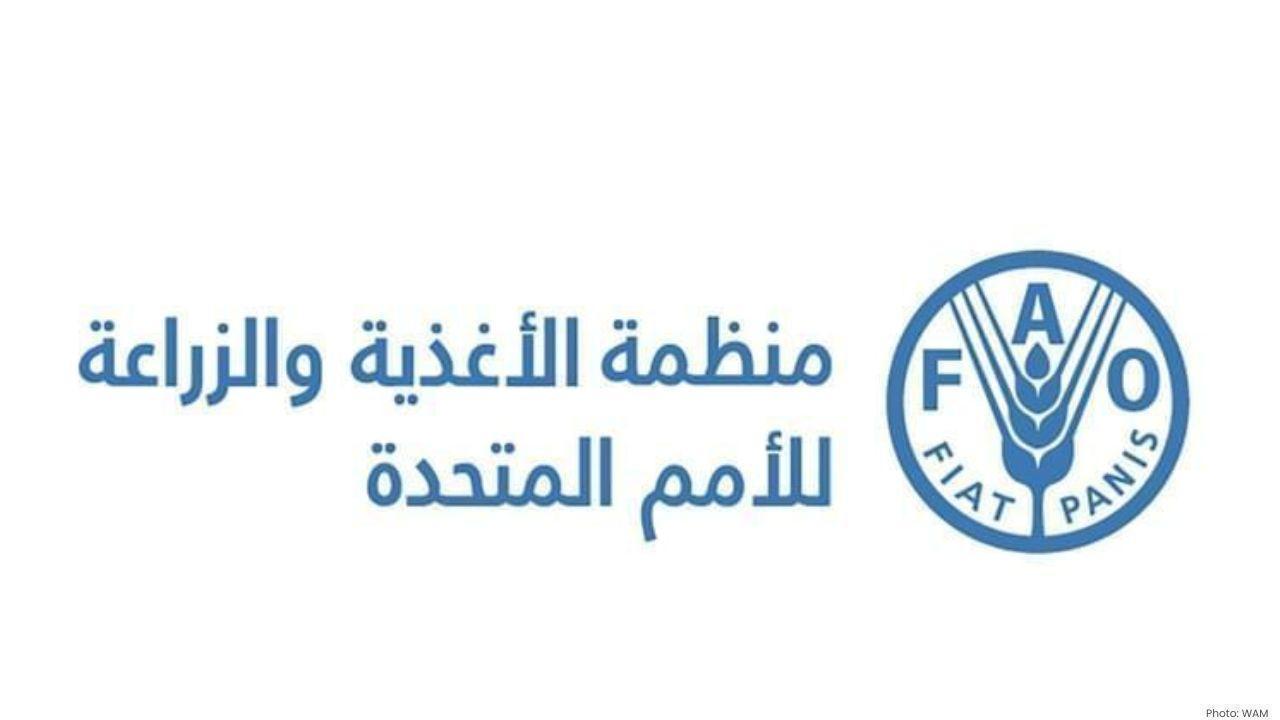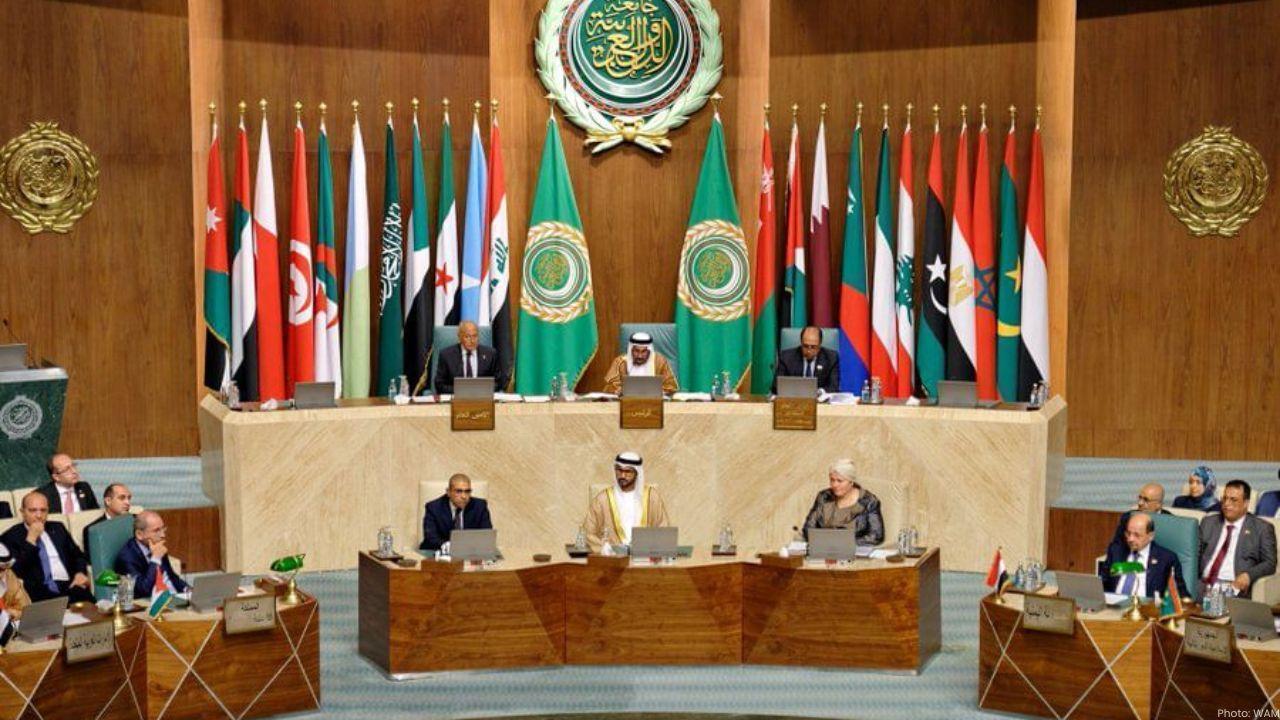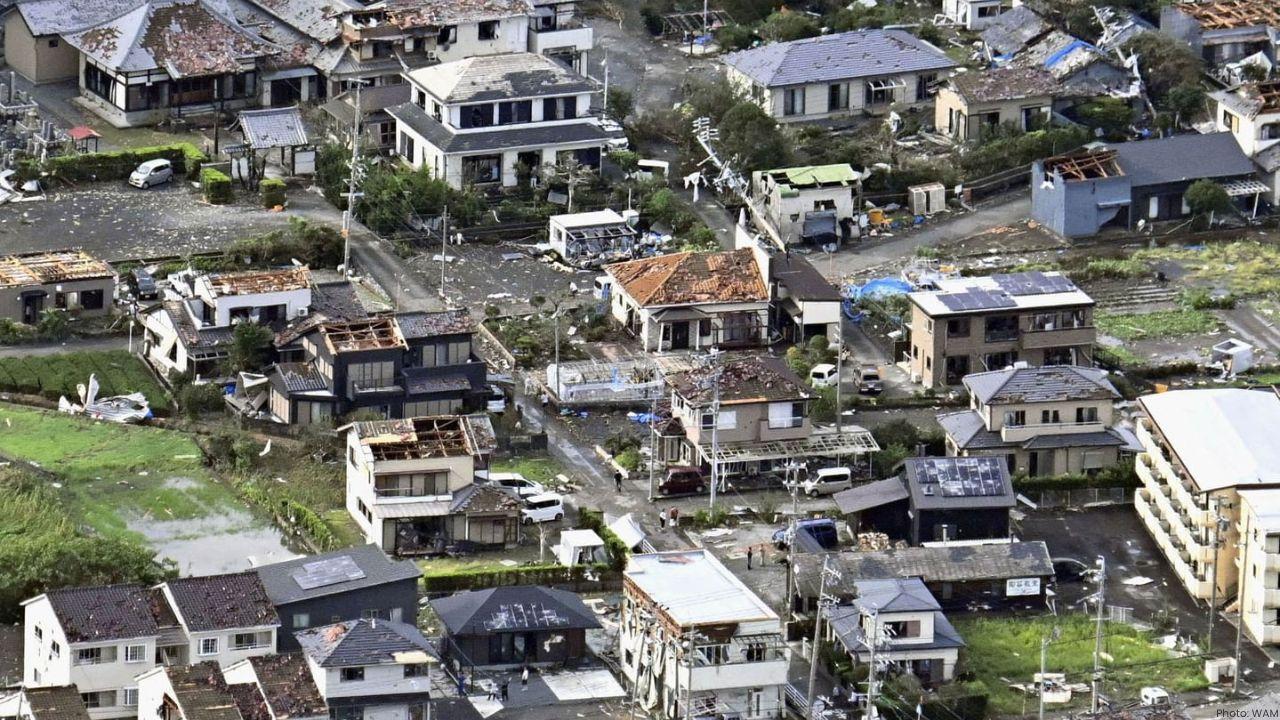
Post by : Layla Badr
The latest report from the Food and Agriculture Organization of the United Nations (FAO) reveals that world food prices did not see major changes in August. Even though some food items like meat, sugar, and vegetable oils became more expensive, other items such as cereals and dairy products showed a decline in prices. This balance meant that the overall benchmark for global food prices remained almost unchanged.
FAO Food Price Index Shows Minimal Change
The FAO Food Price Index, which measures the monthly changes in prices of key food commodities traded worldwide, averaged 130.1 points in August. This was just slightly higher than July's revised figure of 130.0 points. Compared to a year ago, this represents a 6.9% increase, indicating that food prices are still higher than they were in August last year.
Stay informed with the latest news. Follow DXB News Network on WhatsApp Channel
The index serves as a key tool to monitor global food price trends. It provides an overview of whether food is becoming more affordable or expensive in international markets. This month, the index shows stability, suggesting that while certain foods are increasing in price, others are decreasing, keeping the overall level steady.
Vegetable Oils See Significant Rise
One of the most notable increases came in the FAO Vegetable Oil Price Index, which rose by 1.4% in August. This is the highest level seen in over three years. Among the vegetable oils, palm oil, sunflower oil, and rapeseed oil prices increased. A key reason for this rise is Indonesia’s announcement that it plans to raise its biodiesel blending mandate next year, which is expected to increase the demand for palm oil.
On the other hand, soy oil prices fell slightly. This decrease is linked to expectations of ample global soybean supplies in the coming marketing year, meaning there will be more soy available than needed, keeping prices lower.
Cereals Face Mixed Trends
The FAO Cereal Price Index declined by 0.8% from July. This shows that cereal prices overall slightly decreased, but different cereals saw different trends:
Wheat prices dropped, mainly due to larger harvests in the European Union and Russia. The good harvests increased supply, which put downward pressure on prices.
Maize (corn) prices rose. This increase is partly because of higher demand for animal feed and also for ethanol production in the United States.
Rice prices fell, with the FAO All Rice Price Index easing. This was mostly due to lower prices for Indica rice, as exporters from different countries competed strongly to sell their rice in international markets.
Overall, while some cereals like maize became slightly more expensive, the larger supply of wheat and rice kept the cereal index slightly lower.
Meat Prices Hit Record High
The FAO Meat Price Index increased by 0.6% in August, reaching a new all-time high. This rise was led by bovine (beef) meat prices, which went up due to strong demand in the United States and high import demand from China. This demand helped boost beef export prices from Australia and Brazil.
Other meats saw varied trends:
Ovine (mutton and lamb) prices increased slightly.
Pig meat prices stayed mostly stable.
Poultry meat prices fell, as Brazil had ample supplies of poultry for export, which lowered the price slightly.
The rise in meat prices shows that demand for high-protein foods continues to grow, especially in major importing countries.
Dairy Prices Fall Slightly
The FAO Dairy Price Index fell by 1.3% from July. This decrease was driven by lower prices for butter, cheese, and whole milk powder. The main reason for this drop was subdued import demand from key Asian markets. Essentially, countries that usually import a lot of dairy products did not buy as much in August, which lowered international prices.
This indicates that while meat prices are reaching new highs, dairy prices are facing challenges due to lower demand.
Sugar Prices Show Small Rise
After five months of decline, the FAO Sugar Price Index rose slightly by 0.2% in August. This increase was mainly due to concerns about sugarcane production and yields in Brazil, one of the largest sugar producers in the world. Additionally, stronger global demand for sugar imports contributed to the price rise.
However, the potential for larger sugar crops in India and Thailand prevented prices from rising too much. These two countries are also major sugar producers, and their expected higher production helps stabilize global sugar prices.
Summary of Global Food Trends
To summarize, August saw a mix of rising and falling prices in the global food market:
Rising prices: Meat, sugar, and vegetable oils.
Falling prices: Cereals (wheat and rice) and dairy products.
The combination of these trends resulted in the FAO Food Price Index remaining almost unchanged, showing stability in global food prices.
These price changes reflect the balance between supply and demand in international markets. Good harvests in some countries, strong demand in others, and policies like Indonesia’s biodiesel mandate all play a role in shaping global food prices.
Importance of Monitoring Food Prices
Tracking global food prices is important because it affects both consumers and governments. For consumers, rising food prices can make daily essentials like meat, rice, and oil more expensive. For governments, monitoring prices helps them plan imports, exports, and food security measures.
The FAO’s Food Price Index provides a clear picture of the global situation and helps policymakers, traders, and farmers understand trends in international markets.
Experts will continue to watch how weather conditions, harvest outcomes, and international demand affect food prices in the coming months. For example:
Weather events like droughts or floods can reduce crop yields, raising prices.
Government policies in major producing countries can influence supply, like Indonesia’s biodiesel plan.
Demand from large importing countries like China and the United States can push up prices for meats and oils.
These factors mean that while August was stable, future months could see changes depending on supply and demand dynamics.
August 2025 was a month of stability in global food prices, with meat reaching record highs and cereals and dairy slightly falling. This reflects a complex balance between global supply, production conditions, and international demand. While some foods are becoming more expensive, others are more affordable, keeping the overall market relatively steady.
This report highlights the importance of monitoring international food prices to ensure global food security and to understand how trends in one part of the world can affect prices everywhere.

Arab League backs Egyptian-Saudi plan for regional security
Arab League adopts Egyptian-Saudi security vision to strengthen cooperation, combat terrorism, and b

Dubai RTA Announces Traffic Diversions for Metro Blue Line Work
Dubai RTA begins Metro Blue Line construction, causing road closures near Centrepoint and Creek stat

Global Food Prices Stable in August, Meat Hits Record High
FAO reports global food prices steady in August as meat, sugar, and vegetable oils rise, while cerea

Luton Airport Tops Disability Access with New Assisted Services
Luton Airport transforms disability access with new assisted lounge, self-wheelchairs, and personali

Harshit Jain Deported from UAE for Tax and Gambling Crimes
Harshit Babulal Jain, wanted for tax evasion, money laundering, and gambling, was deported from UAE

Europe Launches Jupiter: Fastest Exascale Supercomputer
Germany unveils Jupiter, Europe’s first exascale supercomputer, aiding AI research, climate studies,

Typhoon Peipah Hits Western Japan: Heavy Rain, Landslide Alert
Typhoon Peipah struck western Japan, bringing heavy rain, landslides, and floods. Authorities warn r

Voices of UAE: Bouchra Izaabel-Transforming Fertility Care, One Heart and One Story at a Time
Transforming Fertility Care, One Heart and One Story at a Time

Pakistan Defeat UAE by 31 Runs in T20I Tri-Series Clash
Pakistan beat UAE by 31 runs in Sharjah T20I Tri-Series. Saim Ayub hit 69, Hasan Nawaz 56, while Has

Vice President’s Jiu-Jitsu Cup Ends with UAE Clubs Triumph
Sharjah Al Ain Al Jazira and Baniyas clubs shine as champions in the Vice President’s Jiu-Jitsu Cup

Liverpool beat Arsenal City fall to Brighton in EPL drama
Liverpool edge Arsenal with Szoboszlai’s stunning free-kick, while Manchester City suffer second str

Tawfiq wins UAE President’s Cup Arabian Horse Race in Russia
Tawfiq claimed victory at the UAE President’s Cup in Kazan, Russia, thrilling 20,000 fans with a dra

GCC Chief Urges Stronger Push on Global Free Trade Talks
GCC Secretary-General Jasem Albudaiwi pressed negotiators to intensify efforts on free trade pacts b

UAE and India Strengthen Trade Ties with Mumbai Business Talks
UAE Minister of Foreign Trade Dr. Thani Al Zeyoudi met Indian leaders in Mumbai to expand CEPA benef

UAE announces September fuel prices for petrol and diesel
The UAE Fuel Price Committee set September 2024 rates: Super 98 at AED 2.90, Special 95 and Diesel a